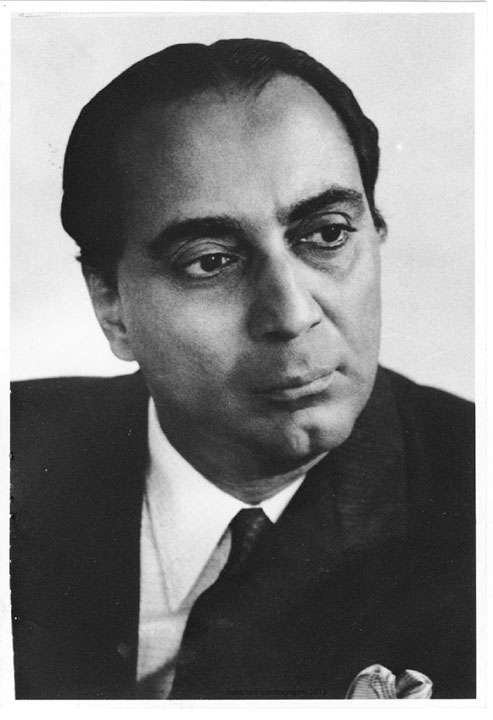
Homi J. Bhabha
Homi Jehangir Bhabha, a distinguished Indian nuclear physicist, is widely revered as the principal architect of India's nuclear program. He was instrumental in establishing two premier institutions: the Tata Institute of Fundamental Research (TIFR) and the Atomic Energy Establishment, Trombay (AEET), which was later renamed the Bhabha Atomic Research Centre (BARC). His pioneering work and strategic leadership were instrumental in establishing India's technological sovereignty. As the first chairman of the Indian Atomic Energy Commission, Bhabha formulated India’s three-stage nuclear power program and played a vital role in establishing the country’s nuclear energy infrastructure and technological independence. Beyond nuclear science, he supported India’s space program and pioneered research in several scientific fields. Bhabha received prestigious awards like the Adams Prize and Padma Bhushan, and was nominated multiple times for the Nobel Prize. Tragically, he died in a 1966 plane crash, but his vision and legacy continue to shape Indian science and technology.